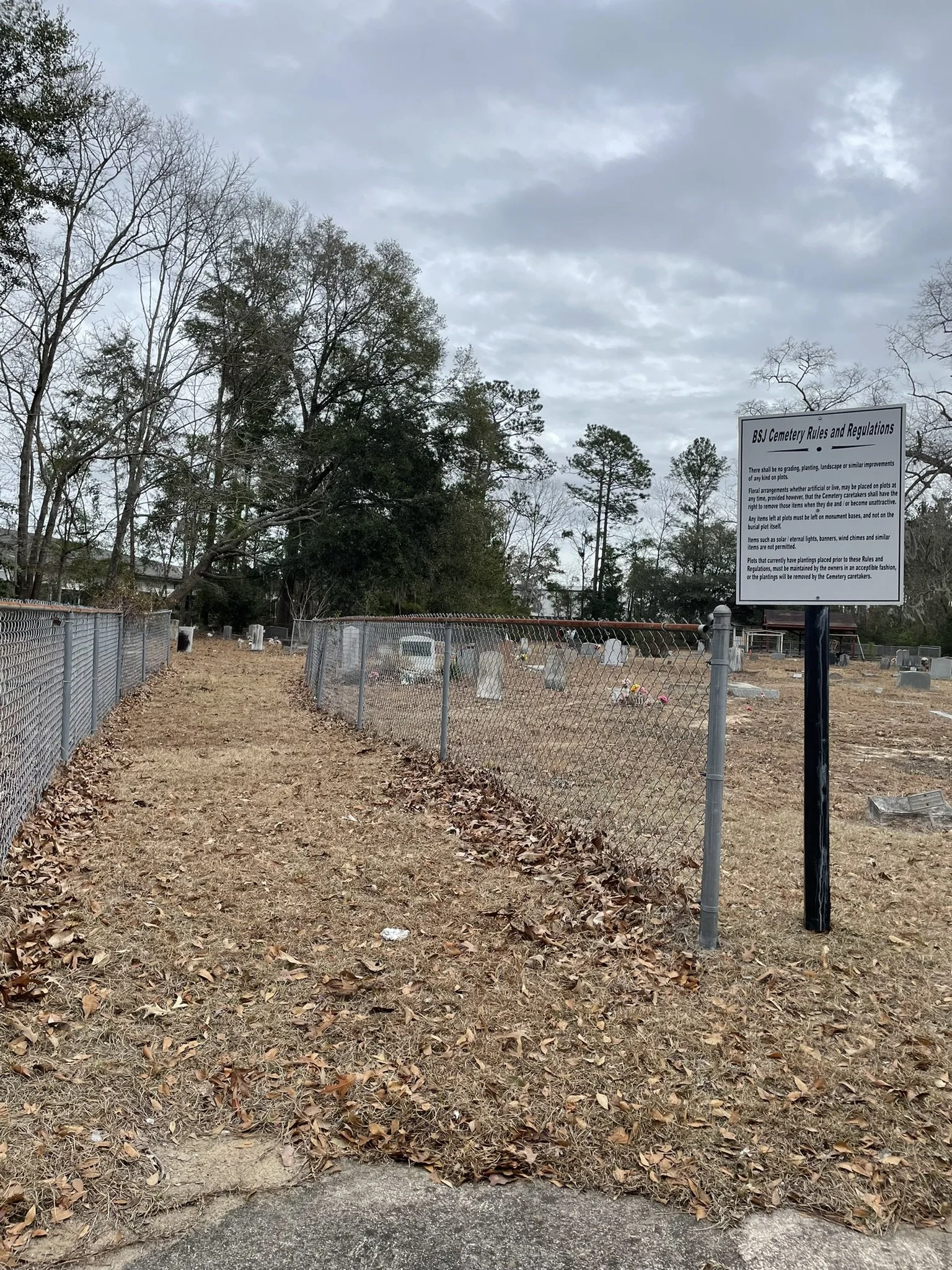ARCHIVES
are repositories of records and documents that preserve the collective memory and history of organizations, institutions, or communities. They serve as vital resources for researchers, historians, and the public, housing valuable materials such as manuscripts, photographs, maps, and audiovisual recordings. Archives play a crucial role in documenting and interpreting the past, providing insights into cultural, social, and historical developments over time. By organizing and preserving these materials, archives ensure that knowledge and heritage are accessible for future generations to study and learn from.
What you’ll learn
-
✺
The evolution of theological beliefs: Church history traces the development of doctrines and theological debates within different Christian traditions over centuries. It reveals how beliefs and interpretations of scripture have evolved and influenced religious practices.
-
✺
Impact on society and culture: Church history illustrates the role of religious institutions in shaping societal norms, cultural values, and ethical frameworks. It shows how churches have influenced politics, education, art, and other aspects of human civilization.
-
✺
Missions and evangelism: By studying church history, one can understand the spread of Christianity across continents through missionary efforts. It highlights the challenges, successes, and cultural exchanges that accompanied evangelism.
-
✺
Leadership and governance: Church history provides insights into the leadership structures, governance models, and administrative practices of religious organizations. It examines the roles of bishops, pastors, councils, and denominational structures in decision-making and community organization.
-
✺
Interfaith relations: Throughout history, churches have interacted with other religious traditions, leading to periods of cooperation, dialogue, conflict, and theological exchange. Understanding these interactions helps in fostering interfaith understanding and cooperation today.
-
✺
Social justice and reform movements: Church history reveals the involvement of religious communities and leaders in social justice movements, such as abolitionism, civil rights, gender equality, and poverty alleviation. It underscores the role of faith-based activism in advocating for human rights and societal change.
What’s inside
historical documents
These documents also preserve the stories of individuals, communities, and leaders who have shaped religious traditions and contributed to their growth. Additionally, they serve as records of social and cultural history, illustrating the intersection of faith with politics, economics, and everyday life. Studying historical church documents helps us understand the broader context of religious movements, their impact on communities, and their enduring significance in society.
Obituaries
Obituaries hold significant importance as they serve multiple purposes in society. Firstly, they commemorate the lives of individuals who have passed away, providing a space for families and communities to honor and remember their loved ones. Secondly, obituaries serve as historical records, documenting the lives and achievements of individuals across different generations. They offer insights into cultural, social, and demographic trends over time, reflecting changes in values, customs, and community dynamics. Lastly, obituaries contribute to the collective memory by preserving stories and legacies, ensuring that the contributions of individuals to their families and communities are remembered and celebrated.
old photos of church members
They provide a visual record of individuals and communities from the past, capturing moments and preserving memories that might otherwise be lost. These photos offer a glimpse into the fashion, lifestyles, and daily activities of earlier generations, offering valuable insights into social history and cultural practices.
Moreover, old photos can strengthen familial and community bonds by connecting present-day individuals with their ancestors and heritage. They serve as tangible links to the past, fostering a sense of continuity and identity across generations. Additionally, these photographs can be valuable resources for researchers, historians, and genealogists, helping them reconstruct narratives, study historical events, and understand the contexts in which people lived.
Ultimately, old photos of people play a crucial role in preserving and sharing personal and collective histories, ensuring that the experiences and contributions of past generations are not forgotten but rather cherished and understood.
preserving the past
preserving the past
Would you like to submit photos to be added to our archive?
Please fill out the form below and upload your images (max 5 images).
Bethlehem-St. James
United Methodist CHURCH
Where we are ONE church with TWO locations, where we glorify God by making disciples of Jesus Christ through genuine love and outward ministry for all God’s children.



